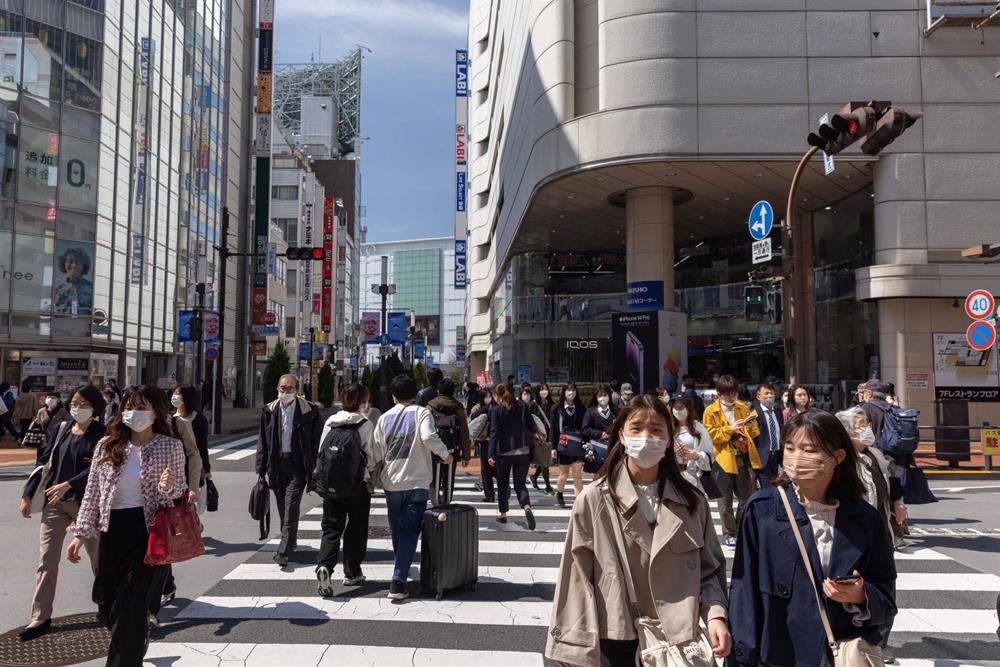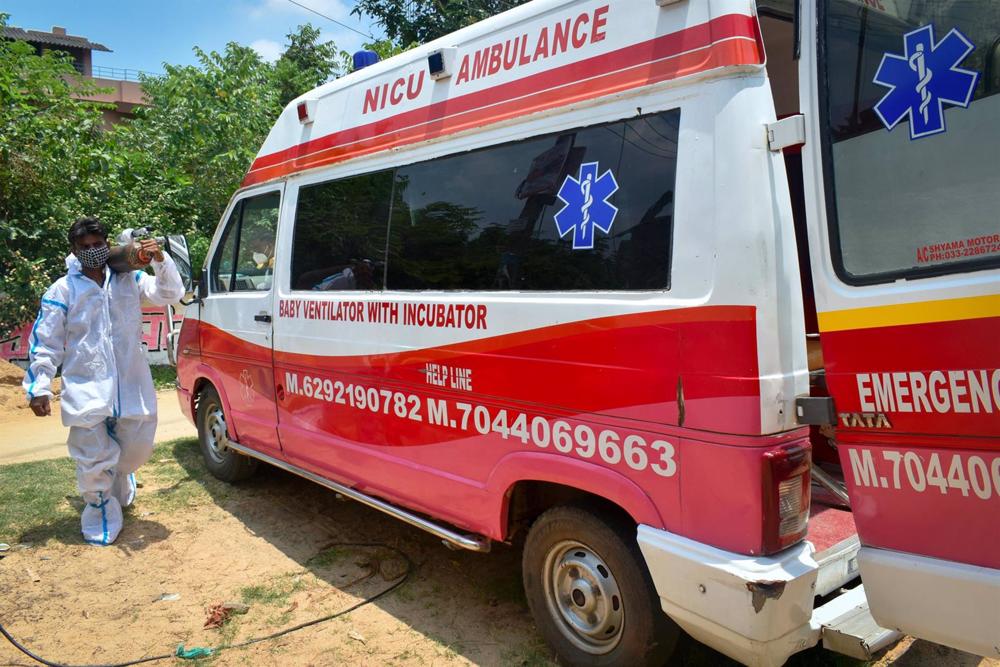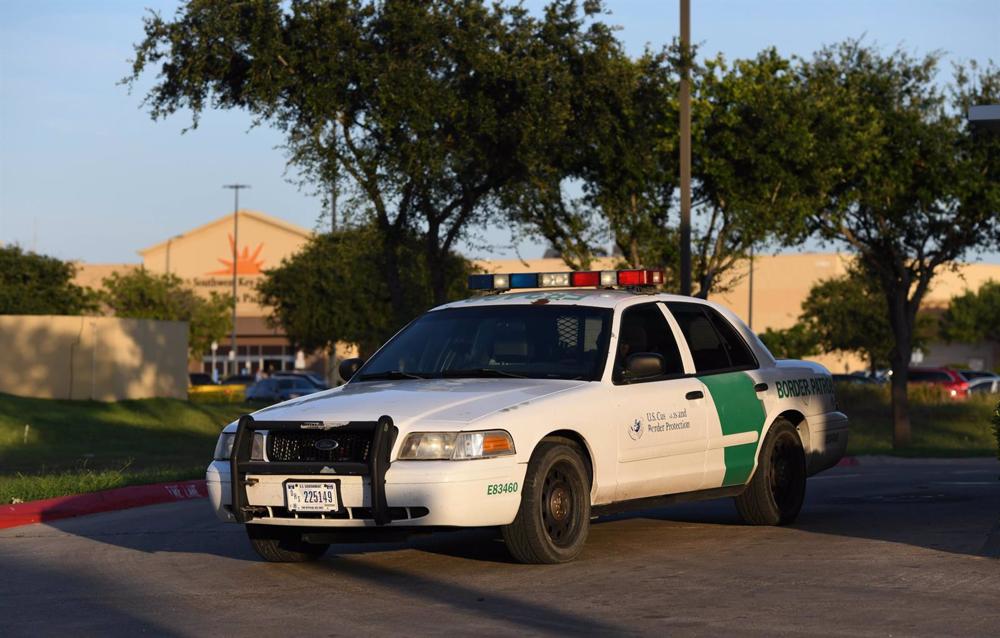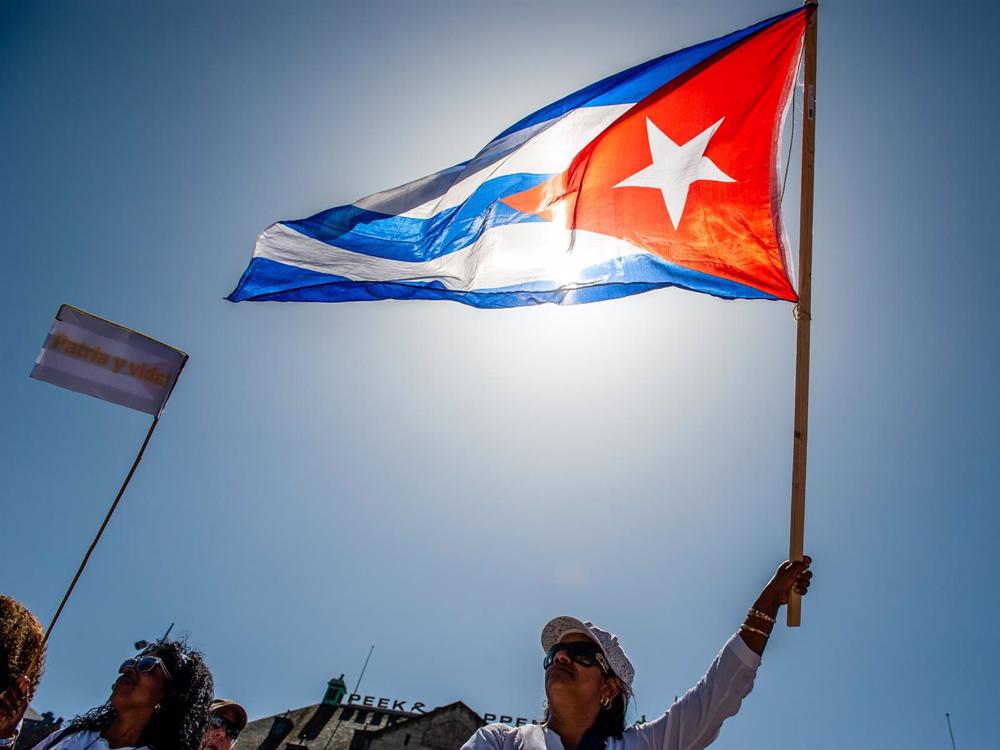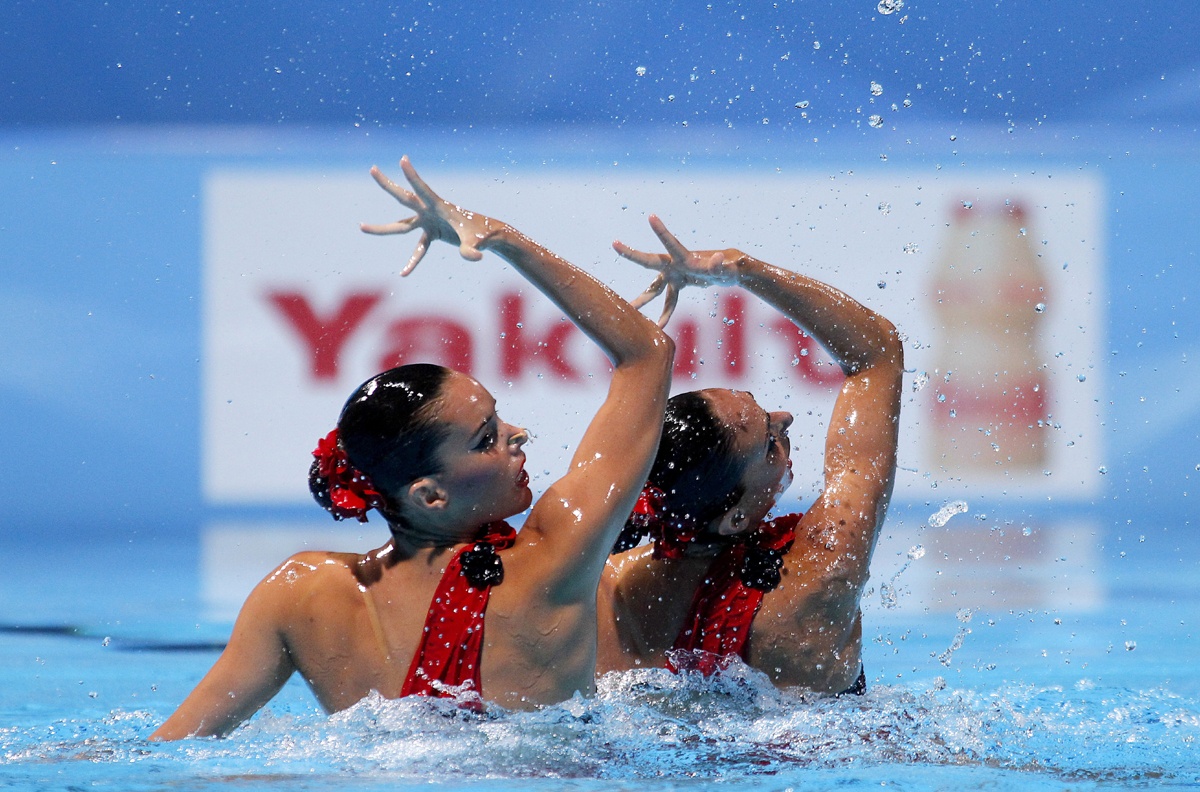
Sudan’s military authorities and the civilian coalition Forces for Freedom and Change (FFC) have signed on Monday a ‘framework agreement’ to relaunch the transition process, hard hit after the coup led in 2021 by the army chief and president of the Sovereign Transitional Council, Abdelfatá al Burhan.
According to information gathered by the Sudanese state news agency SUNA, the event took place at the Republican Palace in the capital, Khartoum, and was attended by representatives of the tripartite mechanism for national dialogue, composed of the United Nations Integrated Transition Assistance Mission in Sudan (UNITAMS), the African Union (AU) and the Intergovernmental Authority on Development (IGAD).
The signatories, in addition to the FFC — one of the main groups behind the demonstrations that ended with the 2019 ouster of then-President Omar Hassan al-Bashir from power — include the National Umma Party, the Unionist Party, various rebel groups that signed the October 2020 peace agreement, and Sudanese civil and trade union organizations.
Hours before the signing, the FFC indicated through a message on its Facebook social network account that its «clear position» is that «the political process in Sudan must be a blueprint for a comprehensive political solution involving all forces of the revolution.» «We will oppose any process imposed on Sudan, whatever it takes,» they warned.
The main clauses of this ‘framework agreement’ are the implementation of the Juba agreement with the rebel groups and a balanced foreign policy stance, as well as complying with international standards at the level of Human Rights and emphasizing a professional and unified Army to protect the borders and the rule of law, as reported by Sudania24 TV channel.
The leader of the Sudan People’s Liberation Movement-North (SPLM-N), Yasir Arman, highlighted last week in declarations granted to the Sudanese news portal Sudan Tribune that the objective of the agreement is to guarantee the participation of the «revolutionary forces» and to assemble a coalition that supports the necessary reforms to complete the transition process opened after the exit from power in 2019.
Al Burhan led in October 2021 a new coup d’état that overthrew the transitional Prime Minister, Abdallah Hamdok, appointed following an agreement between the previous military junta, which emerged after the 2019 coup against Al Bashir, and various civil organizations and opposition political formations. This government had initiated a battery of social and economic reforms and has reached a peace agreement with important rebel groups in Darfur and other areas of the country.
Although Hamdok, arrested after the uprising, returned to office in November 2021 after an agreement signed with Al Burhan amid international pressure, he finally left office after denouncing the bloody repression of the demonstrations against the coup in the African country, which has resulted in more than a hundred deaths at the hands of the security forces.
Finally, Al Burhan announced in July that he was stepping aside to allow civilian parties and organizations to agree on a new government. He assured that the army would not participate in the negotiations sponsored by the tripartite mechanism and urged the political forces to promote a «serious dialogue immediately» to «restore the unity of the Sudanese people», a decision applauded by the international community.
Shortly before the signing of the agreement, Sudanese authorities released Uagdi Sali, a prominent member of the suspended Empowerment Elimination Committee, and a retired police officer in charge of implementing the decisions of this body. Following his release from prison, Sali — whose Ba’ath party refused to participate in the ceremony — rejected the signing of any agreement legitimizing the Al Burhan coup.
